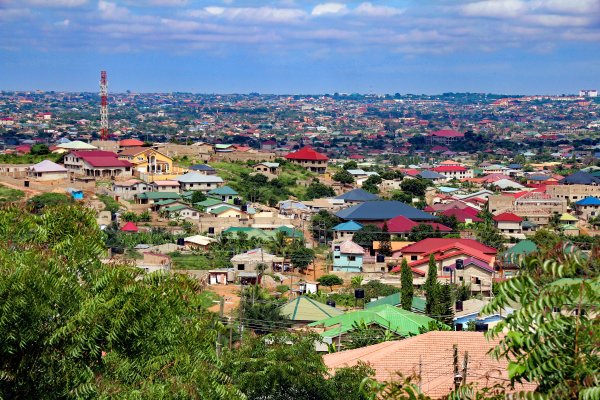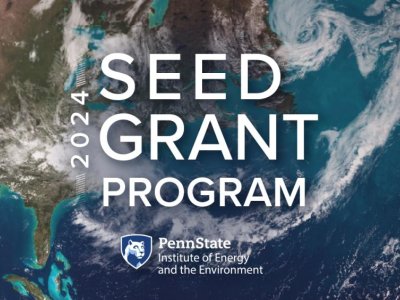
A growing number of studies are showing a link between climate change and increasing threats of zoonotic diseases, like Ebola virus disease (EVD). In fact, half of all known human pathogenic diseases are aggravated by climate change. The climate change-EVD link is a particularly serious danger to Sub-Saharan Africa, a climate change hotspot where temperature increases are only projected to continue. EVD is a severe and often lethal condition that typically starts from a single case of animal-to-human transmission of the Ebola virus, followed by human-to-human transmission via direct contact or contact with infected bodily fluids or contaminated fomites. This unique transmission mechanism has both environmental changes and human behaviors at the core of EVD transmission.
Since its first documentation in 1967, 34 EVD outbreaks have been recognized, but the frequency of EVD outbreaks in the last 15 years has been immense. Most of these cases arise in Sub-Saharan Africa. Unfortunately, the 42 years of the region's experience in responding to EVD outbreaks shows no significant changes in case fatality rates. This points to the need for more research to prove EVD preparedness, prevention, and response activities in the face of climate change-related exacerbations. The World Health Organization (WHO) recognizes the importance of assessing frontline healthcare workers' (F- HCW's) and community members' Knowledge, Attitude, and Practices (KAP) toward EVD to improve preparedness. However, no previous research has assessed F-HCWs' and community members' KAP, specifically on the link between climate change and EVD. Assessing these factors is crucial for improving preparedness and behavior-change campaigns prior to the next set of deadly outbreaks. Therefore, our research team proposes formative surveys and focus groups with F-HCWs and community members in Ghana to establish what they already know, think and feel about climate change's impact on EVD in the region. Our study will be set in Ghana and serve as a pilot study to expand assessments and interventions to other locations where EVD is endemic, and climate change is shifting its prevalence.
The high trans-border activities between Ghana and other affected West African countries place Ghana at risk, even when EVD is not typically endemic there. The project will allow our team to collect preliminary data for future external funding opportunities in other parts of Ghana as well as other EVD-endemic countries. This work is crucial for establishing culturally tailored conceptual models for effective health and environmental communication strategies as much previous research on climate communication and climate change's connection with health has focused on Western contexts and White audiences.
This project is a unique collaboration between public health and communication scholars with global health and climate change communication expertise that can help raise awareness about climate change as well as slow the spread of illness not only in Africa but across the globe. In addition to facilitating scoping activities to anchor data collection and further the writing of an external grant proposal, this seed grant would foster a team-based collaboration with both peer-to-peer and senior academic mentoring across the Commonwealth and across continents.
Researchers
Jessica Myrick




